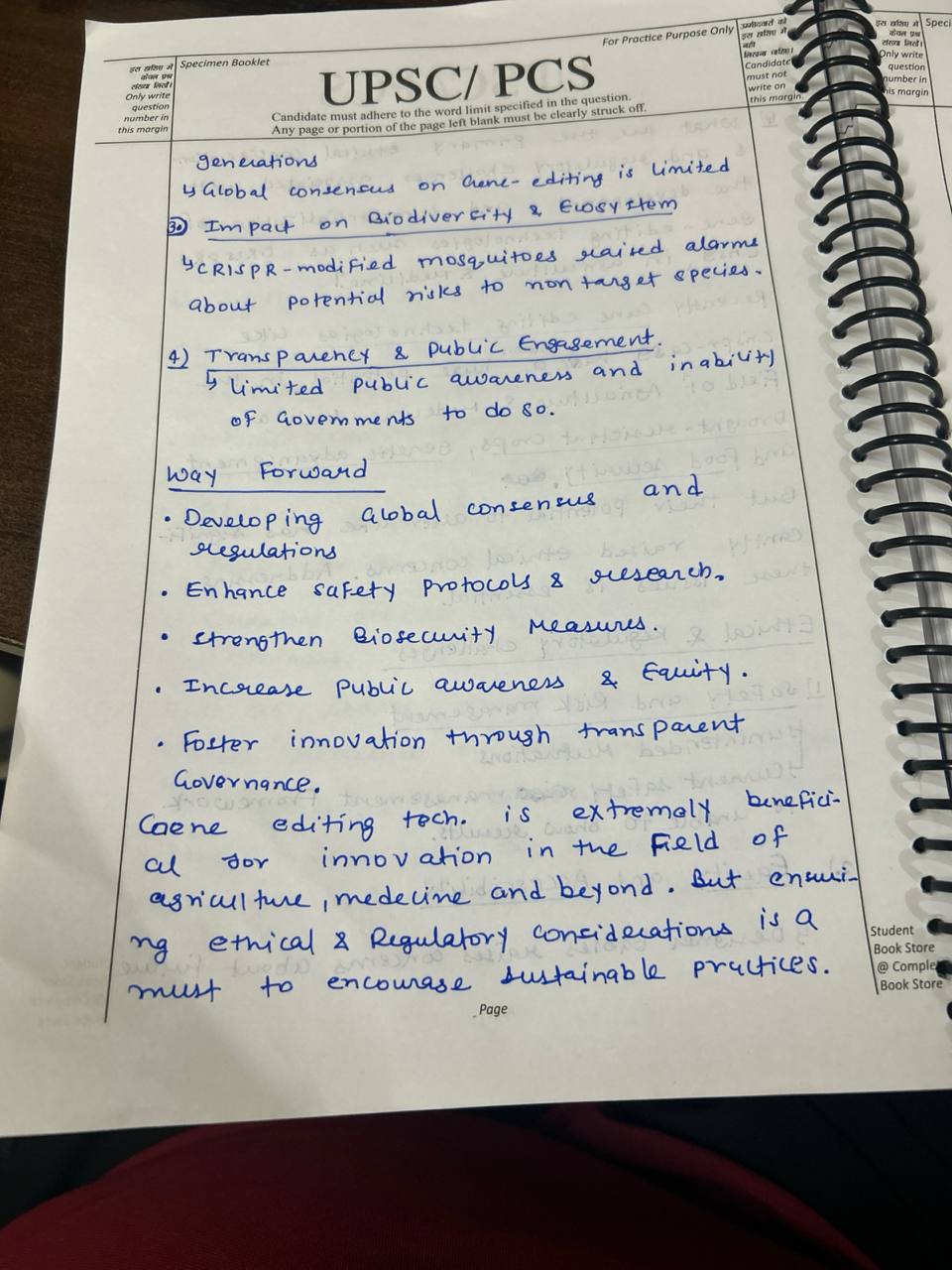Advancements in AI Capabilities Natural Language Processing (NLP): NLP will continue to improve, leading to more sophisticated conversational agents and translation services. AI will become better at understanding context, tone, and nuance in human communication. AI in Creativity: AI will play a larRead more
Advancements in AI Capabilities
- Natural Language Processing (NLP): NLP will continue to improve, leading to more sophisticated conversational agents and translation services. AI will become better at understanding context, tone, and nuance in human communication.
- AI in Creativity: AI will play a larger role in creative industries, generating art, music, literature, and even complex scientific theories. This could lead to new forms of collaboration between humans and machines.
- Autonomous Systems: AI-powered autonomous systems, such as self-driving cars and drones, will become more reliable and widespread, transforming transportation, logistics, and even urban planning.
. AI and Healthcare
- Precision Medicine: AI will revolutionize healthcare by enabling more accurate diagnostics, personalized treatment plans, and predictive analytics for disease prevention. AI-driven drug discovery and robotic surgery will become more common.
- Mental Health: AI tools for mental health, such as chatbots and therapy apps, will become more sophisticated, providing accessible support for individuals and helping to reduce the stigma around mental health issues.
. Ethical and Regulatory Challenges
- AI Ethics: As AI systems become more powerful, ethical concerns will intensify, particularly around bias, fairness, and transparency. Ensuring that AI operates within ethical guidelines and respects human rights will be a significant challenge.
- Regulation: Governments and international bodies will likely introduce more stringent regulations to govern AI development and deployment. This could include frameworks for data privacy, accountability, and the ethical use of AI in areas like surveillance and law enforcement.
. Workforce and Economic Impact
- Job Displacement: AI and automation could lead to significant job displacement in industries like manufacturing, retail, and administrative services. However, it will also create new opportunities in AI development, data science, and emerging fields.
- Reskilling and Education: The demand for AI literacy and skills will drive changes in education and training programs, emphasizing the need for lifelong learning and adaptability in the workforce.
. Emerging Technologies and Trends
- Quantum Computing: The development of quantum computing could exponentially increase AI’s processing power, enabling breakthroughs in areas like cryptography, material science, and complex simulations.
- AI and IoT (Internet of Things): The convergence of AI with IoT will lead to smarter cities, more efficient supply chains, and enhanced environmental monitoring. This will require robust cybersecurity measures to protect interconnected systems.
- Edge AI: AI processing will increasingly occur on devices (edge computing) rather than relying on centralized cloud servers. This will reduce latency, improve privacy, and enable real-time decision-making in applications like autonomous vehicles and smart cities.
Concerns
- AI Weaponization: The development of AI for military purposes, including autonomous weapons, raises significant ethical and security concerns. International cooperation will be crucial to prevent the misuse of AI in conflicts.
- Surveillance and Privacy: AI-driven surveillance technologies could lead to more pervasive monitoring of individuals and erosion of privacy rights, particularly in authoritarian regimes.
- Deepfakes and Misinformation: The rise of AI-generated deepfakes and sophisticated misinformation campaigns could undermine trust in media and public institutions, posing risks to democracy and social cohesion.



Developing artificial intelligence smarter than human systems runs great dangers, including: Loss of control over the technology Challenging ethical questions The likelihood of its being exploited for negative intent Superintelligent artificial intelligence may make judgments incomprehensible to humRead more
- Developing artificial intelligence smarter than human systems runs great dangers, including:
- Loss of control over the technology
- Challenging ethical questions
- The likelihood of its being exploited for negative intent
- Superintelligent artificial intelligence may make judgments incomprehensible to humans, therefore producing unanticipated or harmful results.
- Bad actors run the danger of using artificial intelligence in destructive means as well.
- Strong safety policies and ethical rules are necessary to maintain artificial intelligence safe and in accordance with human values. This entails:
- Designing transparent and intelligible artificial intelligence
- Including both engineers and ethicists in development
- Establishing well-defined rules
- Regular feedback-based reviews and updates of AI systems
- International agreements on artificial intelligence safety
- Including a wide spectrum of individuals in the development process guarantees that artificial intelligence systems represent a broad spectrum of human values, therefore lowering risks and assuring they will aid society.
See less